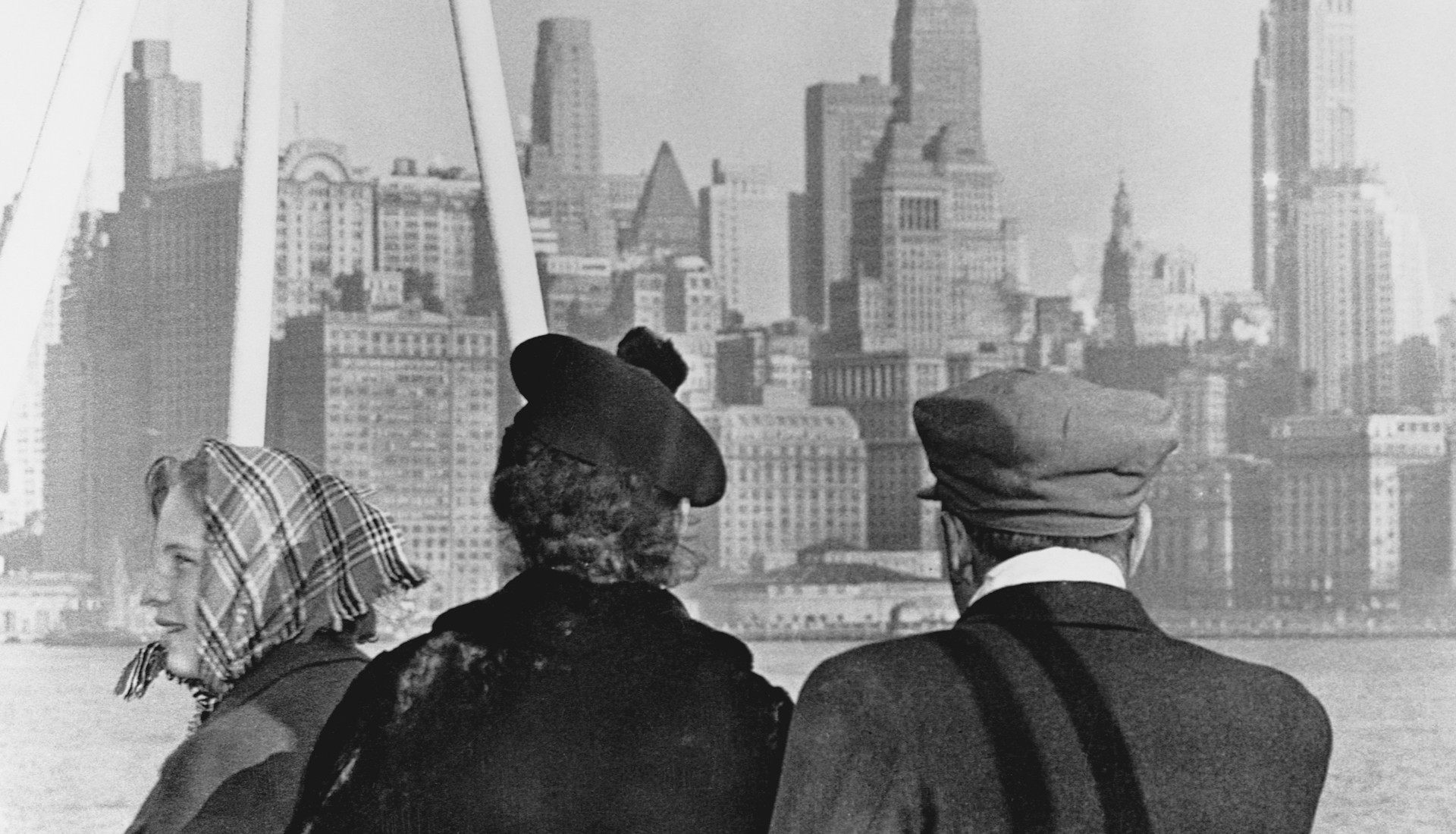Our Kids, Their Fears, Our President?
Literary Hub
2016-11-07

Mira Jacob and Emily Raboteau on Raising Children of Color in Trump’s America
Writers Mira Jacob and Emily Raboteau conducted this conversation via email during the week before the election, at night after getting their kids to bed.
Emily Raboteau: Mira, Lit Hub has invited us to converse about the election and this historical moment as mothers, so I think jumping off from something about how our kids are handling the election (their fears, our fears, the way their fears mirror ours) and how we answer their tough questions might be a good entry point. I am a mother of two—G is five, and D is three. He will be a ninja for Halloween (a bad one, he insists, not a good one) and D will be a skeleton. G is interested in and seduced by bad guys, horror, the nature of evil, the power of evil embodied by Darth Vader, wolves in fairy tales, dark gods in myths, the power of natural disasters, tornadoes, hurricanes, gods attached to natural disasters, superhero villains, and the like, and so has an understanding of Trump as a real-life bad guy—a force to battle. He intuits that we are frightened of him, and so, is frightened of him. I think he considers the election a battle between good and evil. He asked me the other day whether it would be ok/appropriate for us to kill Trump if/when he shows up at our apartment door. I wonder if your son has asked you questions about Trump, Clinton, the election. And how you have fielded those questions? How old is he now?
Mira Jacob: Wow. I read this and thought, ok, so we’re all just in it now. I hate to be relieved by that, but I am. Your son is that scared of a potential presidential candidate. Last month, my son Z, who just turned eight, said, “But Trump doesn’t like brown boys like me. If he’s president, does that mean the government won’t like me? The army? What about the police?” This, as he is falling asleep.
I find myself giving answers that feel much too complex for an eight-year-old, but how else can I modulate what he hears about—pussy grabbing, nasty women, Mexican rapists, Muslim terrorists, and whatever this week will hold? How do I explain, after he has just seen a TV clip of people of color being beaten and pushed out of Trump rallies—that even though his grandparents from his father’s side support Trump, they still love him dearly? I’d be lying if I said I didn’t feel sad about that. I have no idea what to do with that sadness in myself. It feels like a broken bone. But they love my son, they love my husband, and they are wonderful parents and grandparents to both of them. I don’t want my family falling apart over this nightmare…
Read the entire conversation here.




